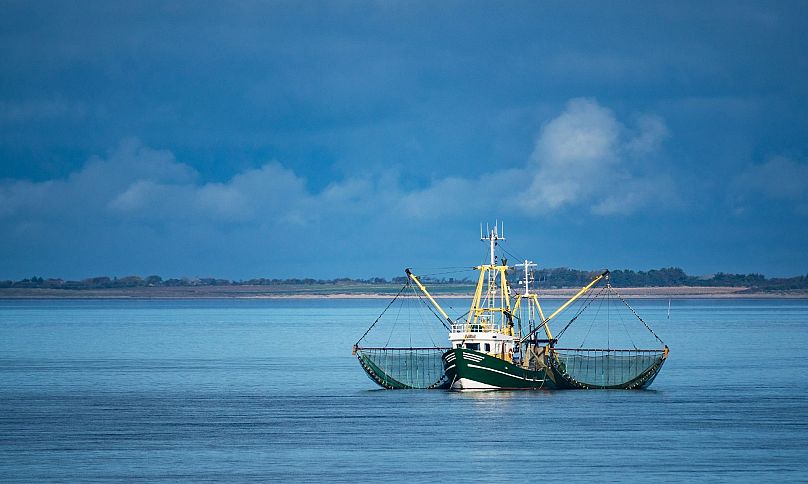The country has failed to implement laws that focus on the conservation of wildlife and plants.
The European Commission is taking Germany to the European Court of Justice for violating nature and conservation laws.
The EU has long warned Germany that its efforts to protect nature under the Flora-Fauna-Habitats Directive were not adequate. On Thursday, it decided to take the country to court for not respecting its conservation obligations.
The Habitats Directive requires countries to designate special protection areas to conserve rare, threatened or native flora and fauna. More than 1,000 animal and plant species, as well as 200 types of habitat, are protected by the law.
In these special protection areas, each EU member state must establish conservation measures to maintain or restore habitats and species.
The Commission says that Germany has failed to meet some requirements, particularly when creating protected areas in the country. According to recent reporting, Germany has not designated a significant number of locations as special protection areas, the Commission says.
“Therefore, the Commission is taking Germany to the Court of Justice of the European Union.”
More than 4,500 conservation areas, known as Sites of Community Importance, were found not to have “detailed and quantified conservation objectives”.
“The European Green Deal and the European Biodiversity Strategy both stress how crucial it is for the EU to halt biodiversity loss by protecting and restoring biodiversity,” the Commission adds.
“The time limit for completing the necessary steps for all sites in Germany expired more than 10 years ago in some cases.”
Germany’s ‘only native whale’ species at risk
NABU, one of the largest and oldest environmental organisations in the country, believes that while more protected areas are needed, not enough is being done in those that already exist.
The organisation says that it is “absurd” that conservation measures have not yet been defined and implemented - seven years after Germany was first warned about the infringement.
The group points out that the consequences of inaction are already having an effect on the country’s wildlife. In January, scientists found that populations of harbour porpoises were declining in the German North Sea.
In the Sylt Outer Reef, an area protected under the Habitat Directive, the population of this species has fallen by an average of nearly 4 per cent every year, over the last 20 years.
“Germany's only native whale is not effectively protected from the effects of fishing, shipping or offshore wind farms, either in protected areas or in important migratory corridors,” says NABU marine protection expert, Kim Detloff.
Environmental groups, including NABU and Greenpeace Germany, hope that the legal action will finally force the country to take adequate action to protect nature.
“For years, Germany has failed miserably to protect nature and biodiversity, both on land and at sea. Short-term economic profits and the industrial exploitation of natural resources were systematically placed above the concerns of nature and species protection,” says Greenpeace Marine biologist, Thilo Maack.
“The German government must finally meet its European obligations in order to avoid fines running into the millions.”
Every weekday at 15.30 CET, Euronews Living brings you a cutting edge, environmental story from somewhere around the world. Download the Euronews app to get an alert for this and other breaking news. It's available on Apple and Android devices.












